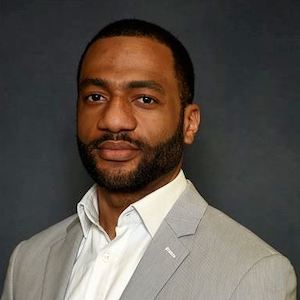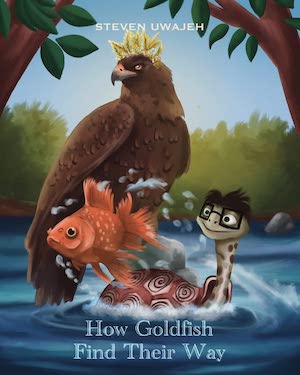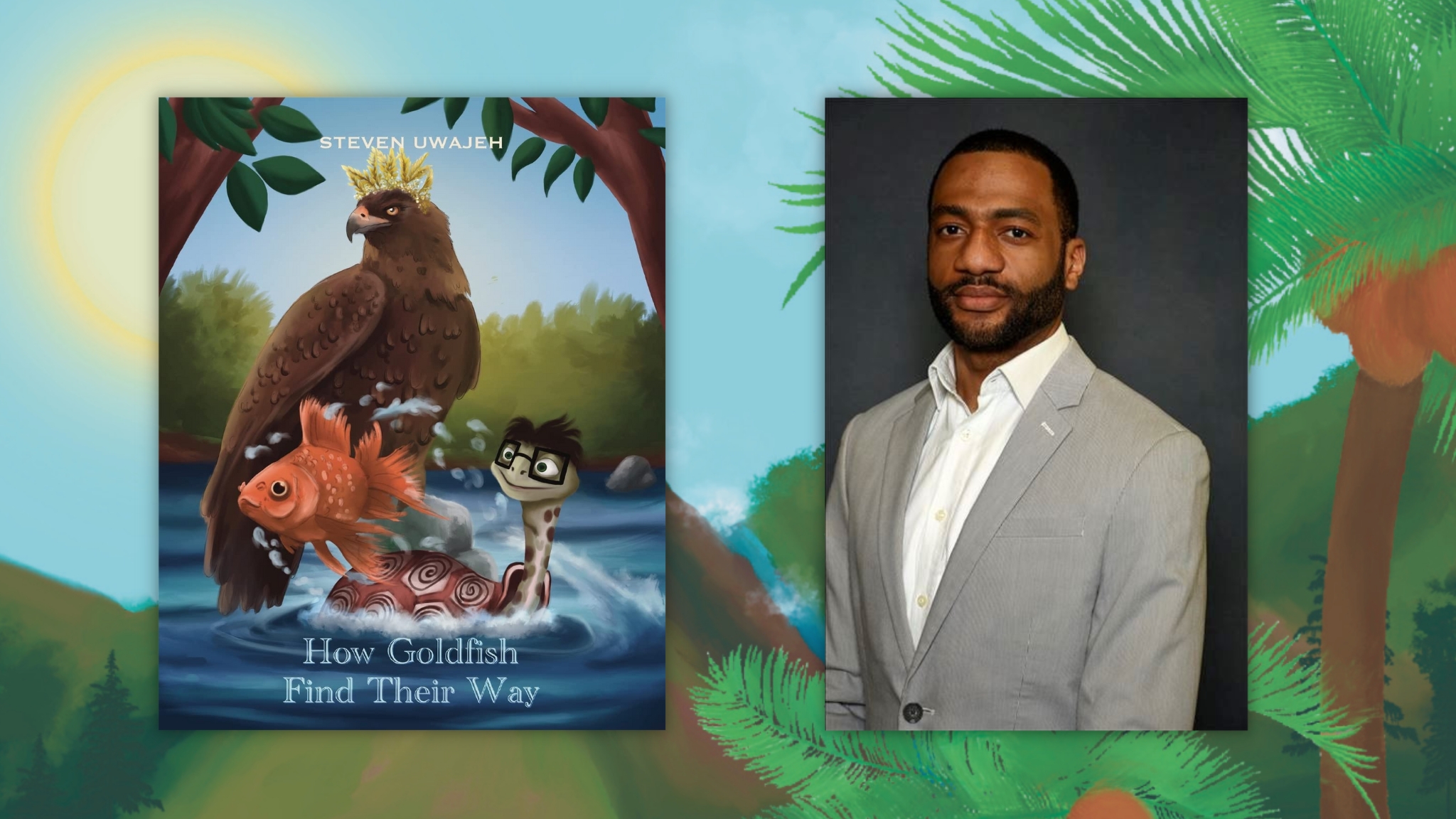How Goldfish Find Their Way by Steven Uwajeh
With these wise words, author Steven Uwajeh describes the thesis behind his inspiring children’s story How Goldfish Find Their Way (Gatekeeper Press). Through his compelling story about animals working together to find a new habitat, Uwajeh asks readers of every age to consider the merits of embracing our differences.
The following interview dives deeper into the author’s motivations for writing How Goldfish Find Their Way and provides further insight into the narrative itself.
Q: What inspired the story of How Goldfish Find Their Way?
A: When she was six, my niece asked me what I did for work. At the time I was an HR Manager with a focus on DEI (Diversity, Equity and Inclusion). I wanted her to really understand it beyond ‘this is good and this is bad.’ It was at that point I decided I would write a story that would bring the lesson home to her.
Q: Your book discusses how when we work together, our differences can make us stronger as a group. Which traits correspond with each character?
A: That’s one of the messages I hope the book conveys but I was more focused on helping kids see the value to them. I’d probably flip the script and posit that because we are different, we should work together so we have a greater outcome than each of us could have achieved working only with people like us. The goldfish were the protagonists and great swimmers and certainly had some insight. The tortoise was amphibious, straddling between land and sea, and so had insight into the world of all living creatures. The eagle excelled in the sky and had an expansive view of the world like no other.
Q: Did the story come to you all at once? Did you go into the writing process knowing the ending or did you find it along the way?
A: The central message and the end of the story was mostly clear. I thought of the Israelites’ journey from Egypt to the promised land, so I knew it would be a happy ending, but I didn’t know how the story would evolve. I hadn’t thought about character development, scene setting and all that good stuff. As I progressed, I worked with my editors to craft words that corresponded with the target audience whilst infusing different cultural elements into the book.
Q: Is there a book from your childhood that had a powerful impact on you?
A: There wasn’t a single book, it was more a combination of African (particularly Nigerian) stories. These stories had various moral lessons. In many of them, the tortoise was depicted as either very wise or too wise for its own good.
Q: Do you have a favorite character in the story?
A: I like them in different ways pretty much how kids love their parents and vice-versa.
In my case it’s almost literal. Kanayo the tortoise is named after my dad. My dad engages people of different social, cultural and economic strata. He is wise, hardworking and a constant learner. The tortoise engages sea, land and sky creatures. I made Kanayo a diamond backed tortoise which is indigenous to the state of Maryland where my parents spend a lot of their time.
Ogbi the Eagle is named after my mom. My mom is deeply insightful and has been my father’s key advisor in their forty plus years together. Like my mom, Ogbi the eagle is well-positioned to see the dangers ahead and is willing to share what she sees with anyone who asks her help.
I see myself in Eja and a lot of people I work with. Past success makes us feel confident which is great. Sometimes we take the right steps to explore other points of views but once suggestions don’t align with our thinking, we dismiss it and rely solely on people like us for answers. We use old paradigms to tackle novel problems and end up either not succeeding or paying a high price for success. So, I have no favorite characters, but I’d rather be more like the tortoise.
Q: How would you describe the moral of How Goldfish Find Their Way? What do you hope children take away from this read?
A: While I wrote this book for my little niece, I think it’s a human lesson for all ages about the value of differences not as a moral obligation, but as a fundamental driver for our individual and communal progress. The world has improved the more we’ve interacted. Sometimes certain people got too much credit or too little credit for their contribution to progress, but progress still happened as a result of working together.
I want to move away from the faulty narrative that embracing differences has all great outcomes and doing otherwise has all bad outcomes. We know that’s not true but often people don’t want to highlight a gap in that logic for fear of being labeled as good or bad. A monolithic group often means less friction in the beginning, and they can succeed like the fish who still found their way. I want my niece and all kids to understand that looking out for themselves involves embracing differences, so they don’t pay a painful price because of a narrow view of the world.
I’d like my niece to review how she defines what is good and bad. Because the goldfish had a definition based on their swimming capabilities, they looked for animals that were in the spectrum of what they defined as good, which is their competence in water. We all use faulty measures in some way. In small matters it’s often not harmful but using the same way of thinking for all decisions can be detrimental to ourselves and others.
 Steven Uwajeh has lived on three continents and travelled the world. He is an avid observer of the interplay between nature, people and cultures, and how these interactions differ globally. His goal as an author is to raise awareness in people both young and old, and organizations as well, to see and appreciate the varied beauty present in the world. Spreading a message of inclusiveness and understanding is the purpose of his debut picture book. He is an alumnus of International House (New York), Columbia University (New York), IE Business School (Madrid, Spain) and Covenant University (Nigeria).
Steven Uwajeh has lived on three continents and travelled the world. He is an avid observer of the interplay between nature, people and cultures, and how these interactions differ globally. His goal as an author is to raise awareness in people both young and old, and organizations as well, to see and appreciate the varied beauty present in the world. Spreading a message of inclusiveness and understanding is the purpose of his debut picture book. He is an alumnus of International House (New York), Columbia University (New York), IE Business School (Madrid, Spain) and Covenant University (Nigeria).




